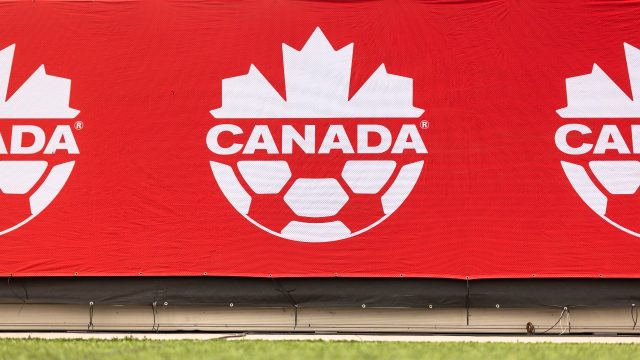
Benjamin Mora’s coaching career has taken him from his native Mexico to Malaysia and now Canada, with the Canadian Premier League’s York United FC.
As such, the drone spying scandal at the Paris Olympics surrounding the Canadian women’s team does not come as a surprise to him.
“What is spying?” Mora asked. “I mean, strategy in war, all over the world, has always been knowing what your opponent is going to do to you, knowing their shape, knowing who they are going to line up.
“In many, many countries that I’ve been in and I’ve watched football — I’m taking about Malaysia, I’m talking about Southeast Asia, Indonesia, Thailand — I’ve seen things, of course, I’ve seen situations like this.”
Mora referenced Uruguay manager Marcelo Bielsa, who admitted in January 2019 to spying on opponents while in charge of England’s Leeds United. The club was eventually fined 200,000 pounds ($353,550) and given a severe reprimand by the English Football League.
While admitting to spying — in one instance, a member of the Leeds’ backroom staff, equipped with pliers, binoculars and disguised clothing was apprehended outside Derby County’s training ground — Bielsa insisted no specific rules were broken.
“All the information I need to clarify, I gather it without watching the training session of the opponent, so why did I send someone to watch them? Just because I thought I wasn’t violating the norm. I gathered information that I can obtain in another way,” Bielsa, a native of Argentina, said at the time.
“We feel guilty if we don’t work enough. (Watching the opponents train) allows us to have less anxiety and in my case I am stupid enough to allow this kind of behaviour.”
Mora said it’s not his kind of behaviour.
“I don’t do that. I don’t like it because I don’t need it,” said the York coach.
Mora, whose team is in Langley, B.C., to play Pacific FC on Friday noted that his players trained at Pacific’s Starlight Stadium on Wednesday and Thursday.
When some of them asked him whether that allowed Pacific staff to see them train, he replied: “I don’t really care. I’m not hiding anything.”
“But I think it’s unethical,” Mora said of spying.
It also goes against sportsmanship and respecting your opponent, he added.
“Just let them do their job. And you do your job. And you study what you have on hand. That is the last games they played, their shape, how they modify. What are their variants … I think that is enough to know what they are going to do. You don’t need to really go spy on them. You’re not going to learn anything.”
And Mora believes the current spotlight on such spying — and the heavy sanctions handed down to Canada by FIFA — are for the best.
“It’s good that they put their hand on the table and said ‘We will not permit these kind of situations.”